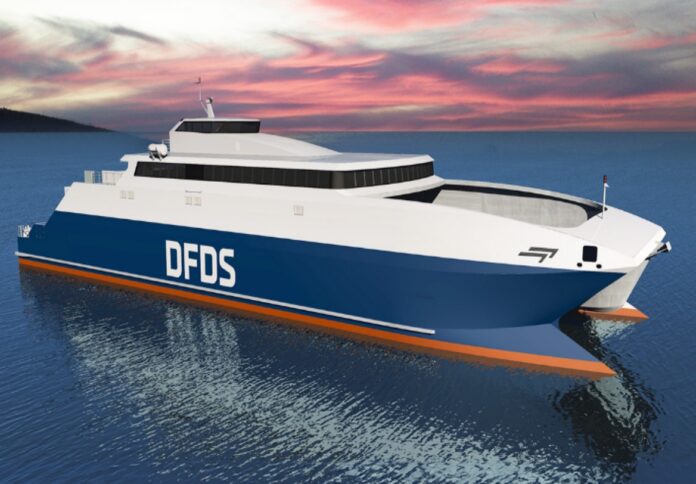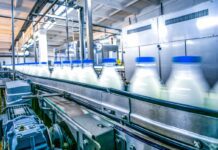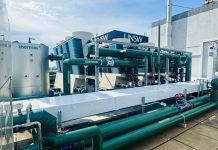
Incat Tasmania announced its collaboration with Danish Shipping and Logistics Company DFDS to conduct a design study for a state-of-the-art electric-hybrid ferry.
The 72-metre ferry, with the flexibility to convert to fully electric propulsion, is poised to serve various ferry routes across Europe, Incat said in a media release.
Incat CEO Stephen Casey expressed enthusiasm about the partnership, highlighting the Tasmanian shipbuilder’s expertise in designing and constructing cutting-edge ships for the global market.
“Since launching the design of our series produced electric ships last November there has been significant interest from many ferry operators, and we’re excited to work with DFDS on their projects,” stated Casey.
He continued, “The Incat 72-metre series is offered in a fully electric model that is suited to many ferry networks around the world.”
He underscored Incat’s industry-leading design and construction capabilities, coupled with a commitment to sustainability, positioning the company as the preferred choice for ferry operators seeking high-quality vessels while minimising environmental impact.
“We know that battery electric or electric-hybrid propulsion coupled with lightweight aluminium on shorter sea routes will be the ideal choice to cut emissions, and it’s great to see major operators such as DFDS sharing in our goal to shape the future of decarbonisation in maritime transport,” Casey added.
“Incat pioneered the development of large vehicle carrying catamarans in the 1990’s and now we’re ready to work with ferry operators around the world to showcase what the future of maritime transport looks like.”
Incat said its specialisation in lightweight aluminium vessel design and construction over the past four decades has led to significant energy savings and emissions reductions.
Aluminium ferries, being approximately half the weight of their steel counterparts, require less power when operated at similar speeds and deadweights.
Notably, Incat operates in Tasmania, where the state’s energy needs are entirely sourced from renewables, and the energy consumed in vessel construction is derived from 100 per cent renewable sources – a combination of hydro, wind, and solar.




















